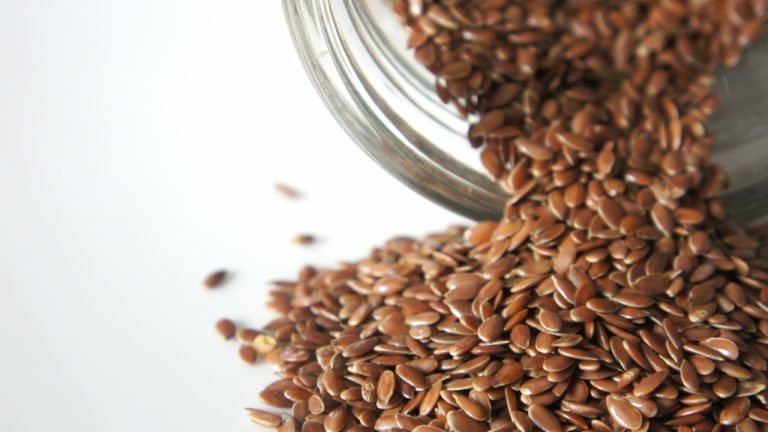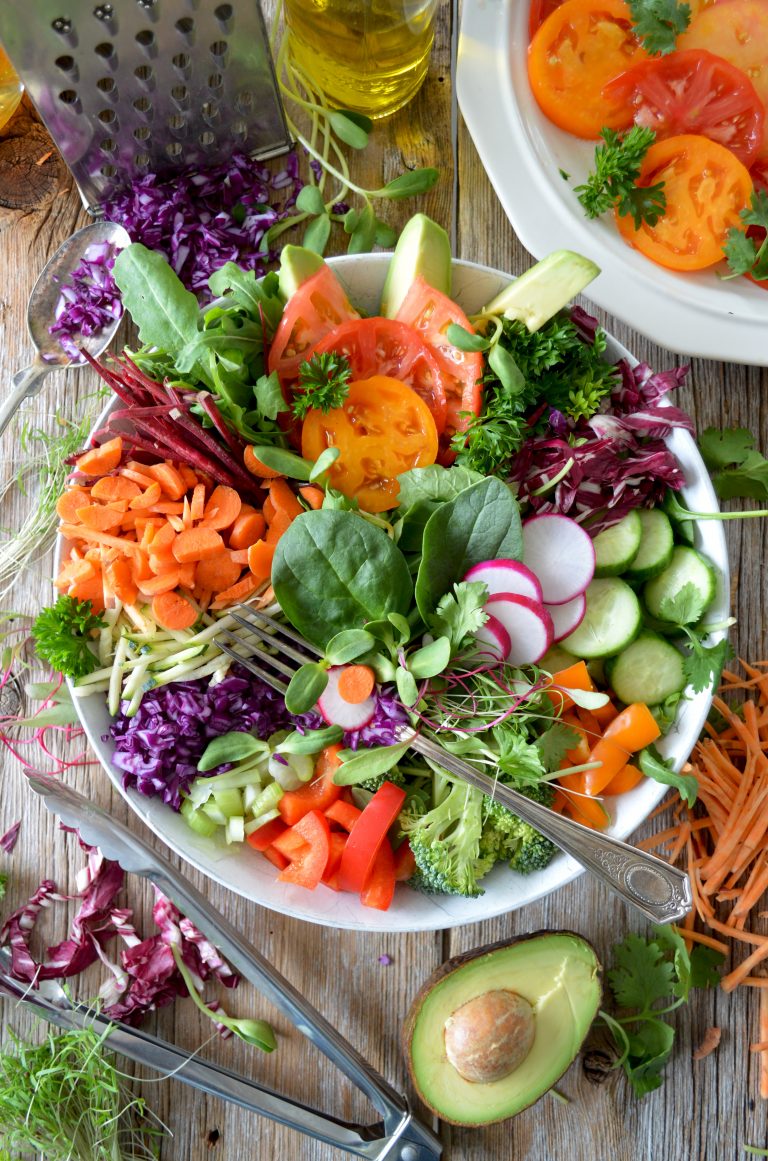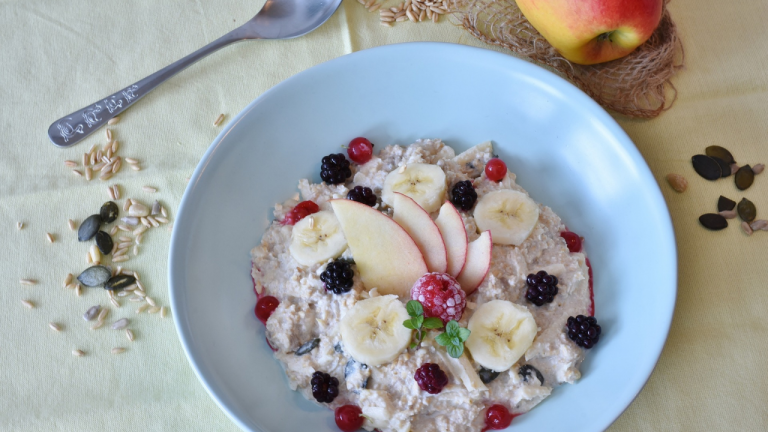Iron

Good sources of iron
Good sources of iron include:
- liver (but avoid this during pregnancy)
- red meat
- beans, such as red kidney beans, edamame beans, and chickpeas
- nuts
- dried fruit – such as dried apricots
- fortified breakfast cereals
- soybean flour
- Poultry.
- Seafood.
- Dark green leafy vegetables, such as spinach.
- Dried fruit, such as raisins and apricots.
- Iron-fortified cereals, bread, and pasta.
- Peas.
How much iron do I need?
The amount of iron you need is:
- 8.7mg a day for men over 18
- 14.8mg a day for women aged 19 to 50
- 8.7mg a day for women over 50
You should be able to get all the iron you need from your daily diet.
Women who lose a lot of blood during their monthly periods (heavy periods) are at higher risk of iron deficiency anemia and may need to take iron supplements.
What happens if I take too much iron?
Side effects of taking high doses (over 20mg) of iron include:
- constipation
- feeling sick
- being sick
- stomach pain
Very high doses of iron can be fatal, particularly if taken by children, so always keep iron supplements out of the reach of children.
Important Tips
Most people should be able to get all the iron they need by eating a varied and balanced diet. If you take iron supplements, do not take too much as this could be harmful.
Taking 17mg or less a day of iron supplements is unlikely to cause any harm. But continue taking a higher dose if advised to by a GP.



